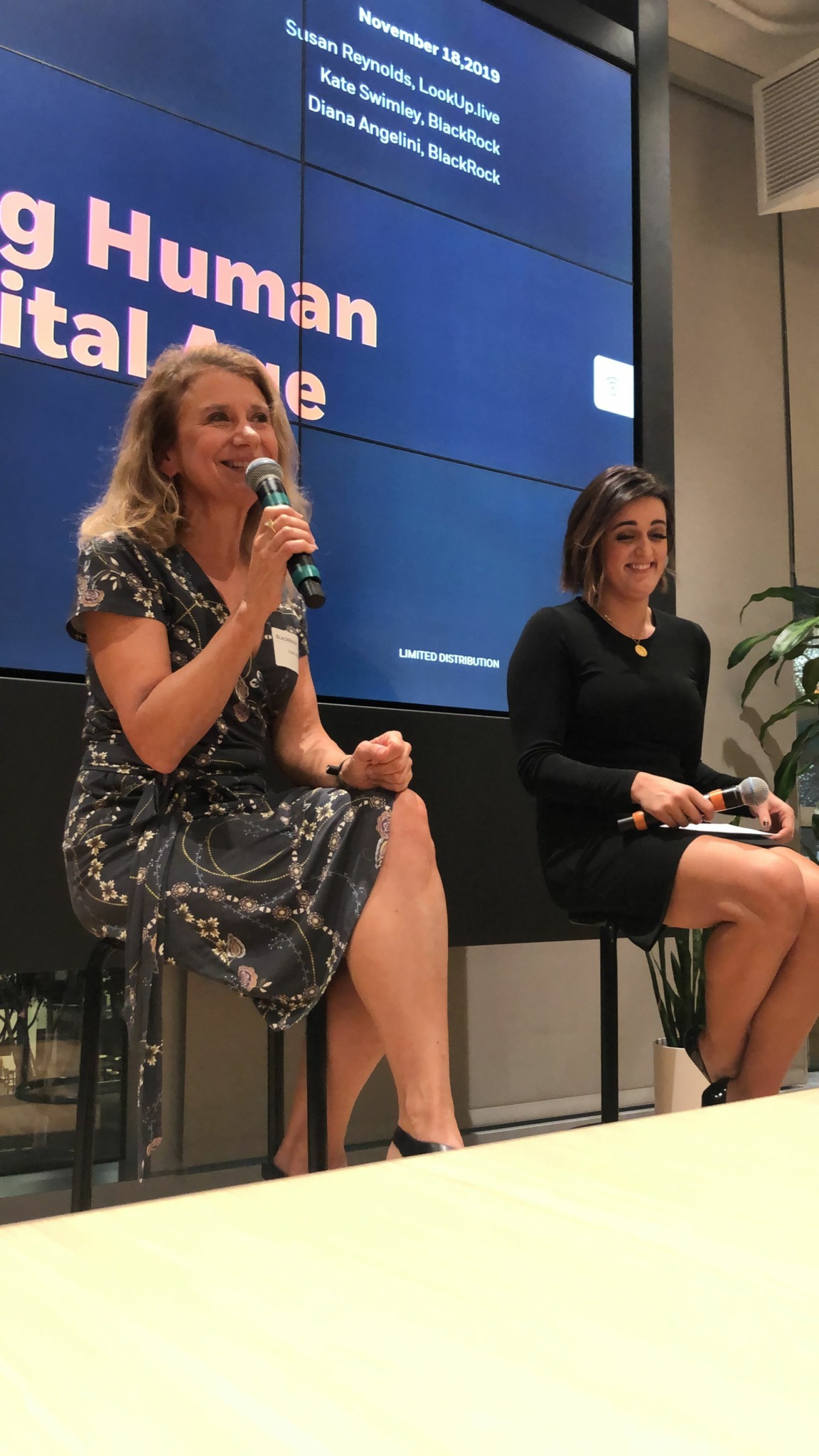Alright – so today we’ve got the honor of introducing you to Susan Reynolds. We think you’ll enjoy our conversation, we’ve shared it below.
Hi Susan, thanks for joining us today. Was there a moment in your career that meaningfully altered your trajectory? If so, we’d love to hear the backstory.
There have been many defining moments in my career which have led me closer to realizing a purpose that fuels not only my career but my life.
As a social studies teacher, I loved creating the curriculum from scratch, mixing and matching primary and secondary sources. When the Berlin wall fell, I was teaching the ideology of communism, so I was able to pivot the lessons to help my students learn in the moment, as we watched communism collapse one country at a time. Spontaneous creativity helped fuel my passion for teaching current events. I was able to continue to create from the present circumstances as I moved forward into the future.
In 1997, I was asked to write the tech plan for the school because the Director of Technology was “wiring” the school. This endeavor led me to the Internet, to a whole new way of thinking about creating curriculum with the access to all sources, but also watch the ways that technology impacted students. It was the Promise and Peril of Technology.
Fast forward to 2014, I reaad a sentence from the Stanford Provost that claimed college studnets had never been more anxious, depressed, addicted, self-harming, lonely, isolated… and the list went on. My reaction, “What is going on?” And in my search for the answers, I found that very few were talking about the impact of the digital world and the harms of social media. This led me in a new direction to investigate the impact of phones and social media on youth mental health.
In 2019, after writing a blog, “Confessions of a Tech Addicted Yogi” with an emphasis on the power of mindfulness as an anecdote to the distracting nature of technology, I found that adults solving these issues for youth was not the most effective. Julia Gildehaus told me her friends were afraid to take a week off social media. It was too scary to be off social media. That was defining. I, as a baby boomer, was trying to solve the harms of digital distraction and addiction for Gen Z, but our experiences were totally different.
Thus LookUp.live was born, and we give grants to youth leaders working on solutions to the harms of social media, digital distraction, and responsible technology.
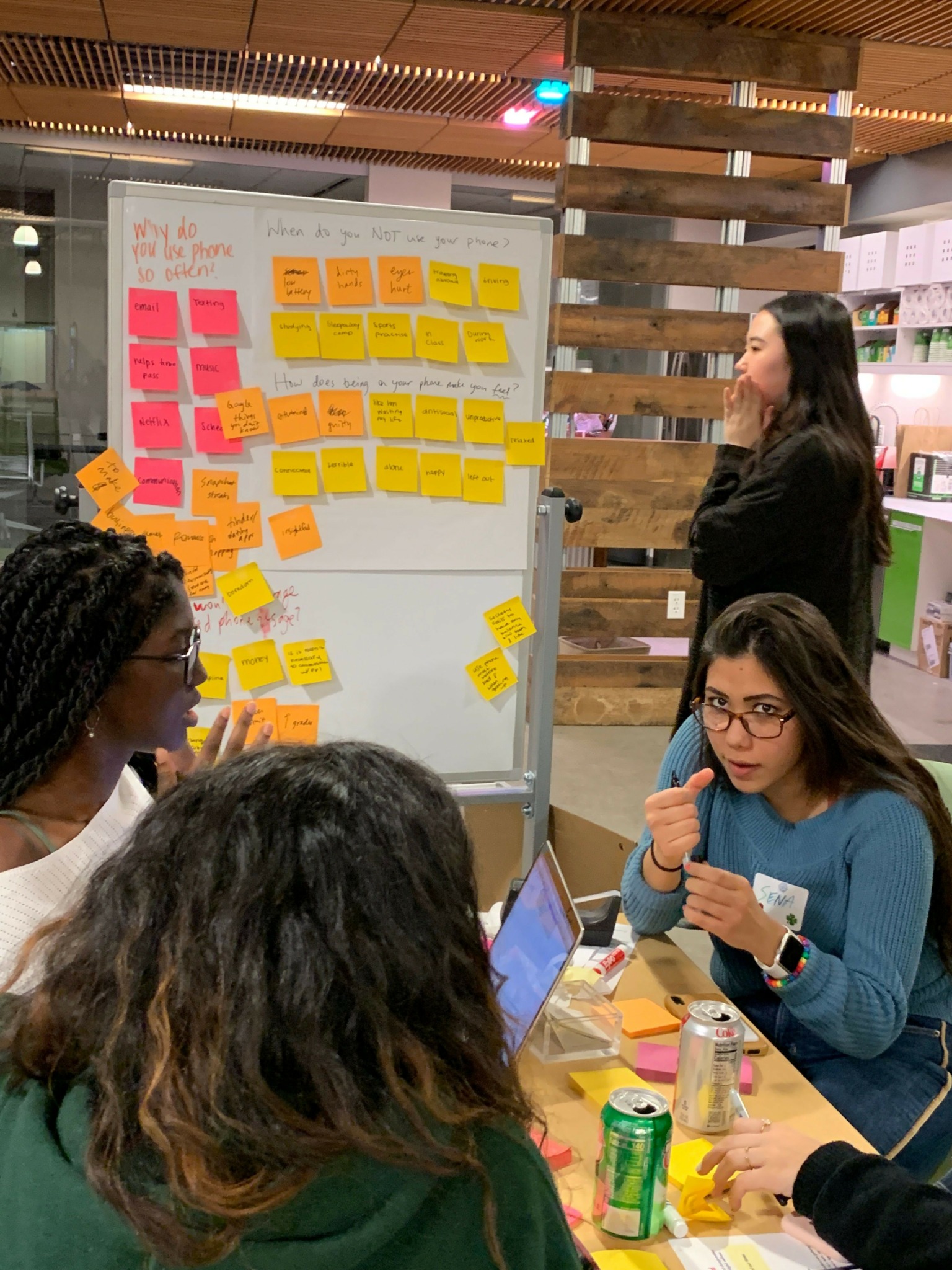
As always, we appreciate you sharing your insights and we’ve got a few more questions for you, but before we get to all of that can you take a minute to introduce yourself and give our readers some of your back background and context?
I’m Susan Reynolds, and my path has been a winding one—spanning education, technology, mindfulness, writing, and nonprofit leadership—but at the heart of it all is a deep curiosity about how we stay present, purposeful, and connected in an increasingly distracted world.
I began my career as a middle school teacher and later became the first Director of Academic Technology at a small school in Concord, Massachusetts, in 1997. It was a pivotal time. I was writing the school’s first technology plan just as the internet began to enter classrooms—and with it, the merging of the academic and social worlds in real time. I was excited by the promise of digital tools but also struck by how quickly students began losing the capacity for sustained attention. The shift was subtle at first—students toggling between schoolwork and AOL Instant Messenger—but it signaled something deeper: the beginning of a profound rewiring of how we relate to ourselves and each other.
That early insight stayed with me. Over the years, I’ve taught yoga and mindfulness to teenagers, led educational workshops on tech integration, and written fiction and nonfiction exploring the inner lives of young people in a hyperconnected world. Eventually, all of these strands wove together when I co-founded LookUp.live in 2019, a nonprofit that empowers Gen Z leaders to create a healthier relationship with technology—for themselves and for their generation.
Through LookUp, we provide seed funding, mentorship, and storytelling opportunities for youth activists who are addressing the mental health crisis exacerbated by social media, surveillance capitalism, and the pressure to perform online. What sets our work apart is that we don’t prescribe solutions from the top down—we trust youth as creators of culture, not just passive recipients of it. I’m constantly in awe of the courage and clarity they bring to this movement.
Today, I’m also working on a book titled Power Down for Presence, Passion, and Purpose, which weaves together my early experiences in educational technology, the stories of LookUp’s youth leaders, and a more personal inquiry into what it means to live with intention in a world of digital noise. It’s part memoir, part call to action, and part quiet meditation on how we might begin to listen again—to ourselves, to each other, and to the wisdom that exists beyond the screen.
I often joke (only half-jokingly) that in co-writing this book with the help of AI, I feel like I’m in conversation with the Universe. There’s a strange and beautiful synchronicity in this moment—where tools that once pulled us away from our inner knowing are now helping me tap into it. I’m interested in that paradox. In how we might reclaim technology as a conduit for creativity, connection, and even spiritual insight, if we approach it with awareness.
What I help solve—whether through LookUp, speaking engagements, or writing—is the ache many people feel but can’t quite name. The burnout, the disconnection, the sense that something essential is slipping through our fingers. I create space—for young leaders to be seen and heard, for adults to reflect on their own digital habits, and for anyone who’s longing to find their way back to a more grounded, authentic life.
What I’m most proud of is the community we’ve built around LookUp and the trust these young visionaries have placed in me. I’m proud, too, of my willingness to evolve—again and again—through seasons of success, loss, reinvention, and renewal. And I’m proud of the writing I’m doing now, which feels like the most integrated work of my life so far.
If there’s one thing I’d want readers to know about me and my work, it’s that everything I do—whether it’s mentoring a youth changemaker, speaking to a room of parents, or shaping a sentence late at night—is about helping people remember what matters. And that remembering, I believe, is one of the most powerful things we can do in this age of forgetting.
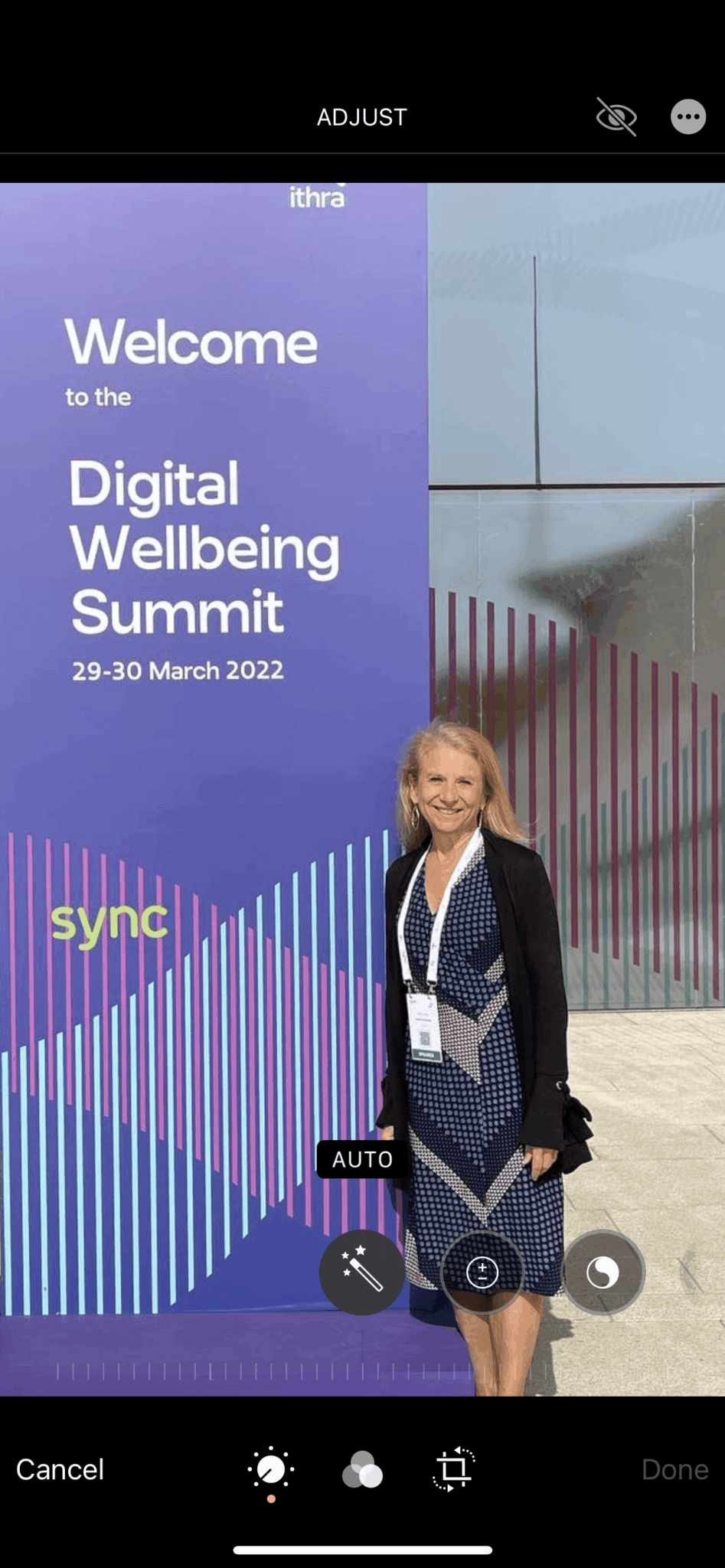
Can you share a story from your journey that illustrates your resilience?
A story that stands out as a testament to my resilience isn’t one singular breakthrough—it’s more of a long arc, a season of life where I had to keep choosing to move forward, even when the way was anything but clear.
Several years ago, I found myself in a moment of deep personal and professional upheaval. I had stepped away from the traditional structures that once defined my identity—teaching, marriage, a predictable career path—and was instead pursuing what felt like a calling: to support youth mental health and digital well-being in a world that didn’t yet know how much it needed it.
At the time, I was juggling a startup, caregiving for my daughters, and trying to stay grounded in my own practices of mindfulness and healing. But underneath it all, I was wrestling with doubt. The startup I’d helped build wasn’t aligning with my values. My financial situation felt uncertain. And the world around me—especially the youth I cared about so deeply—seemed to be unraveling under the weight of tech addiction, anxiety, and burnout.
It would have been easy to quit, to say “maybe this is too big, too broken, too much for me to fix.” But something in me refused. Not in a hardened, push-through kind of way—but in a quiet, steady voice that said: Keep listening. Keep showing up. Keep trusting that there’s another way.
That voice led me to the young people themselves. I began listening more, asking better questions, and giving space for their insights to guide the work. That shift is what eventually gave rise to LookUp.live and, more recently, the Responsible Technology Youth Power Fund. What felt like a breaking point became a breakthrough—not because I had all the answers, but because I was willing to stay open long enough to let the answers emerge through collaboration, creativity, and trust.
Resilience, for me, isn’t about having it all figured out. It’s about having the courage to keep aligning with what matters—even when it’s uncomfortable, even when it’s uncertain. It’s the ability to pivot without losing your purpose, to slow down when needed, and to begin again with humility and heart.
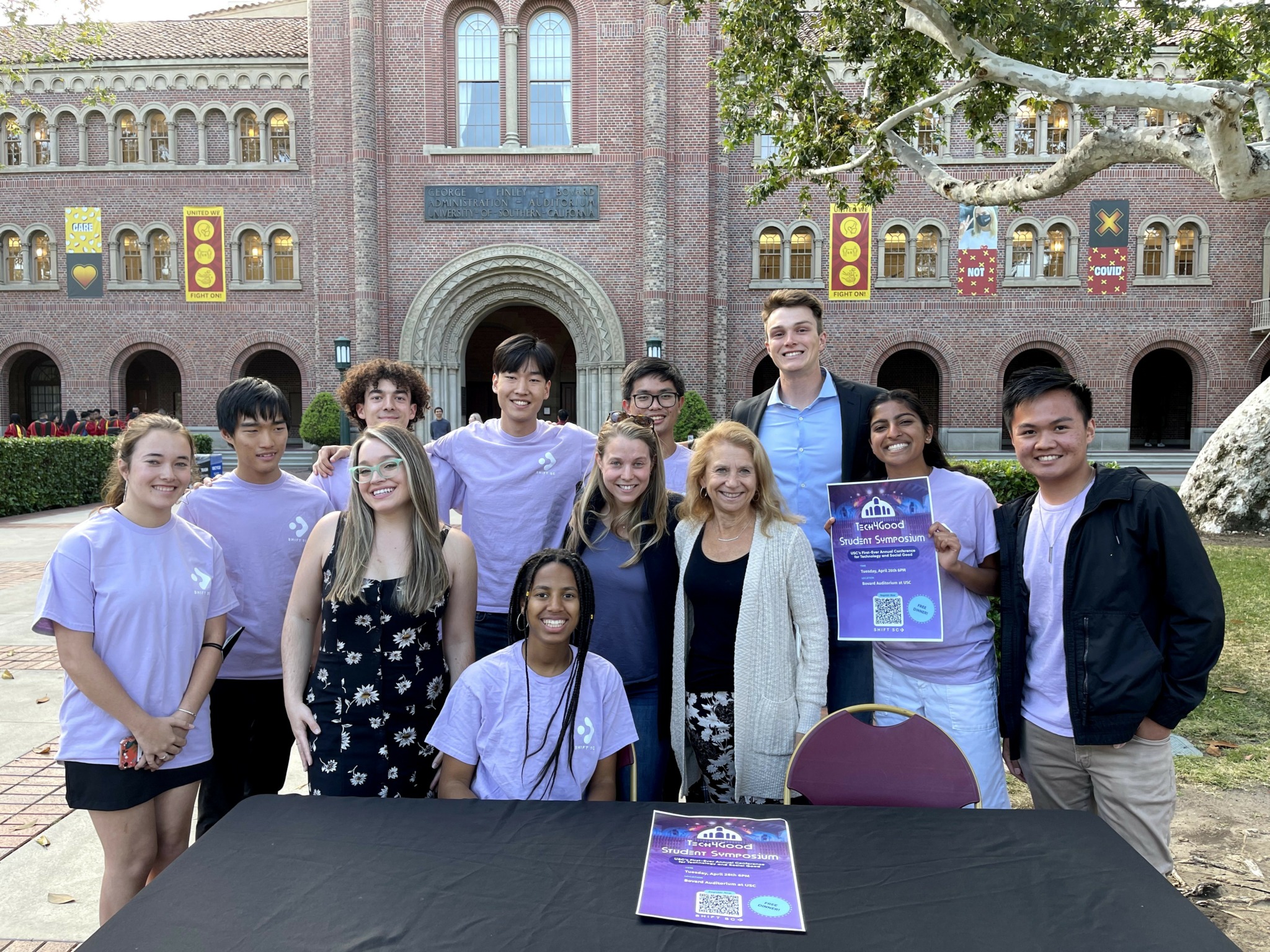
Contact Info:
- Website: https://Lookup.live
- Linkedin: https://www.linkedin.com/in/susan-reynolds-m-ed-323171a/
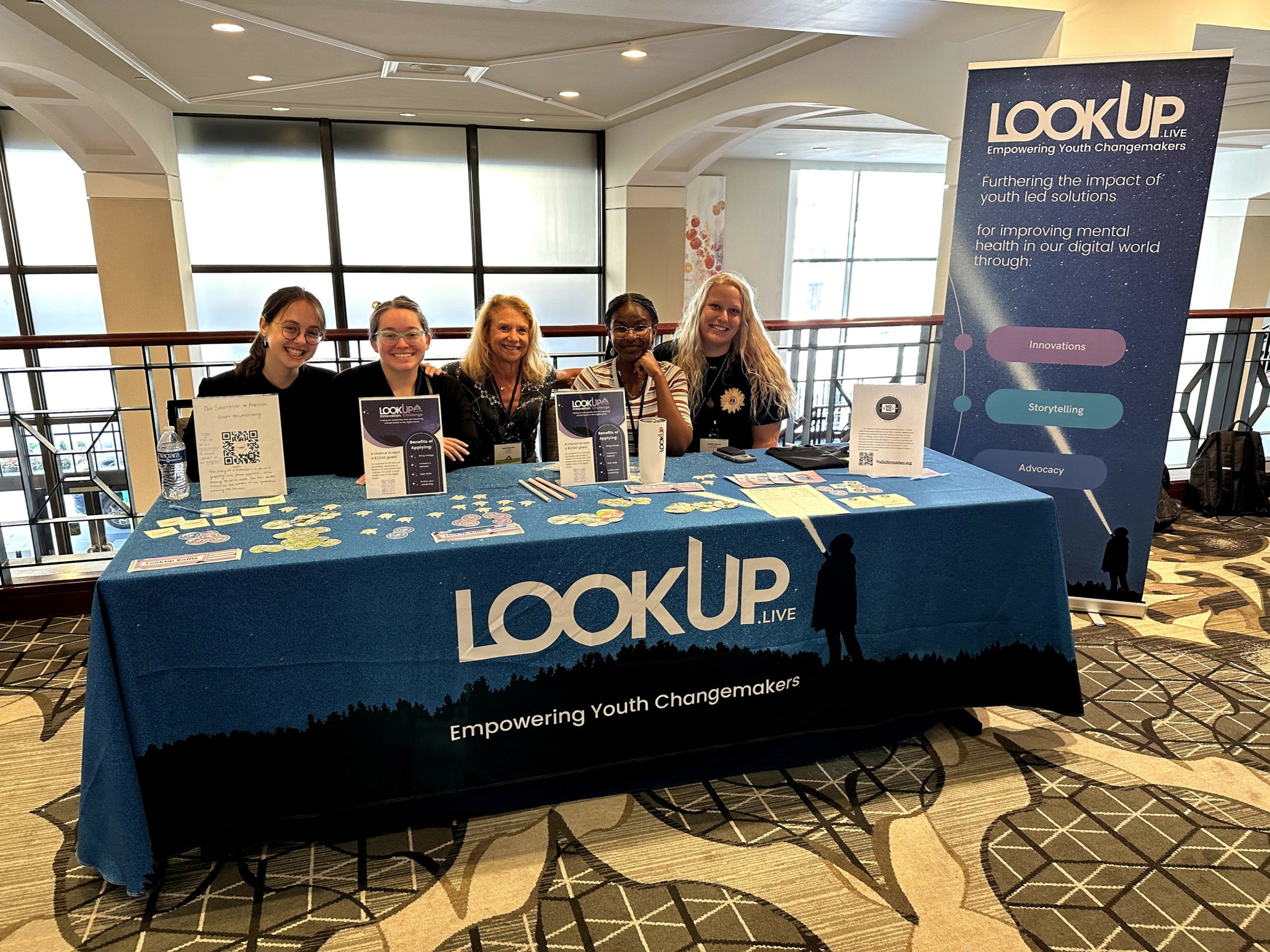
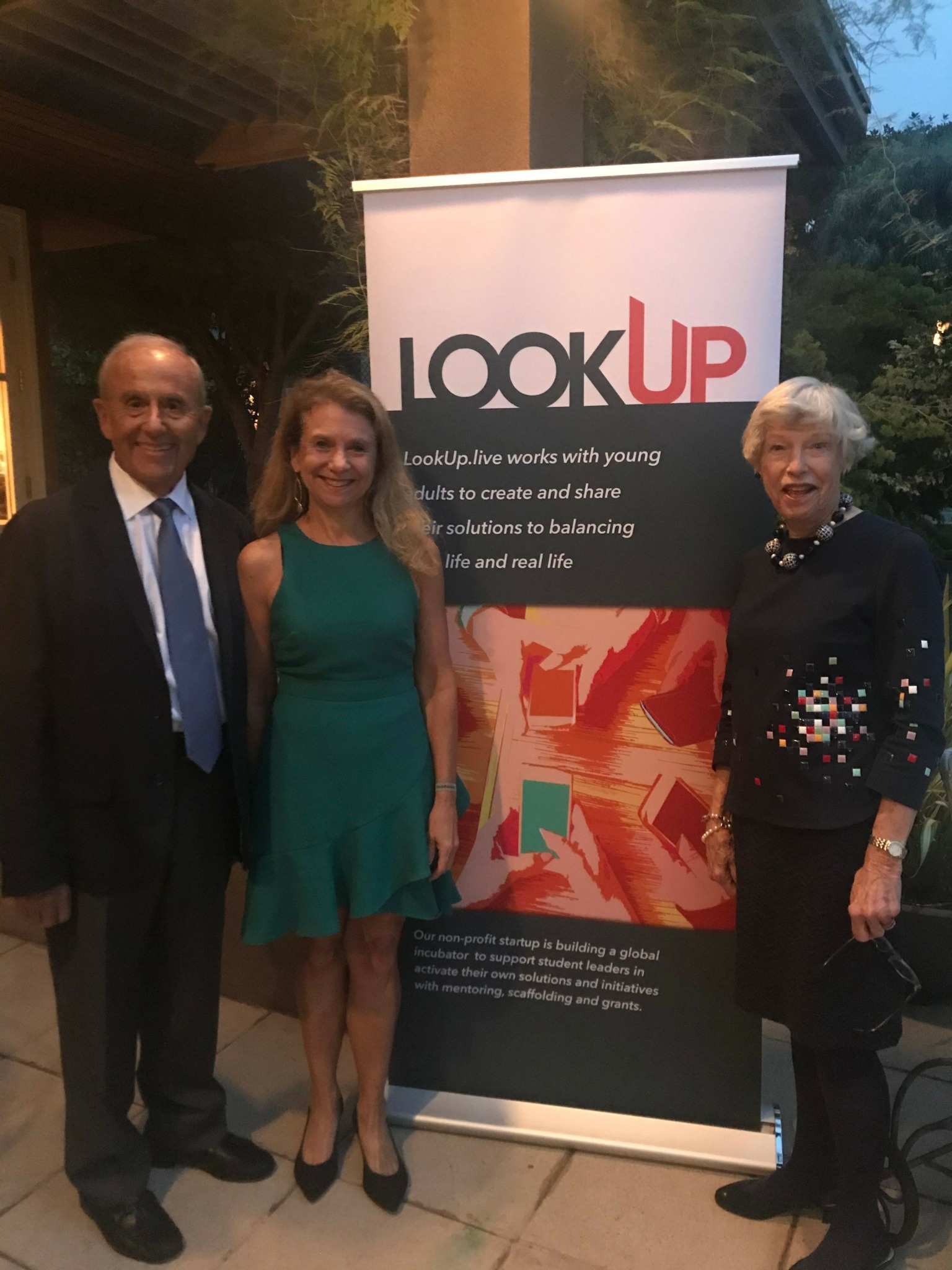
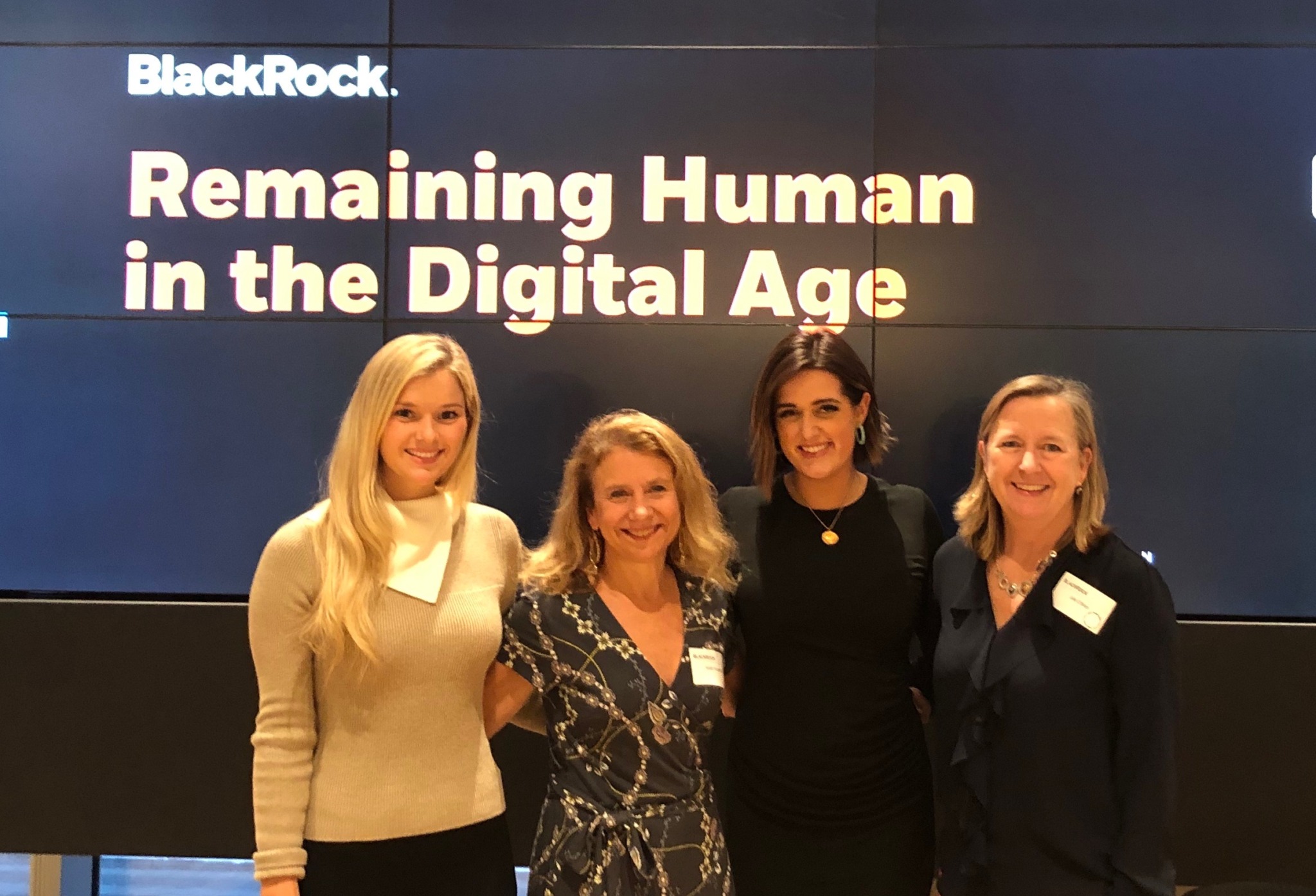
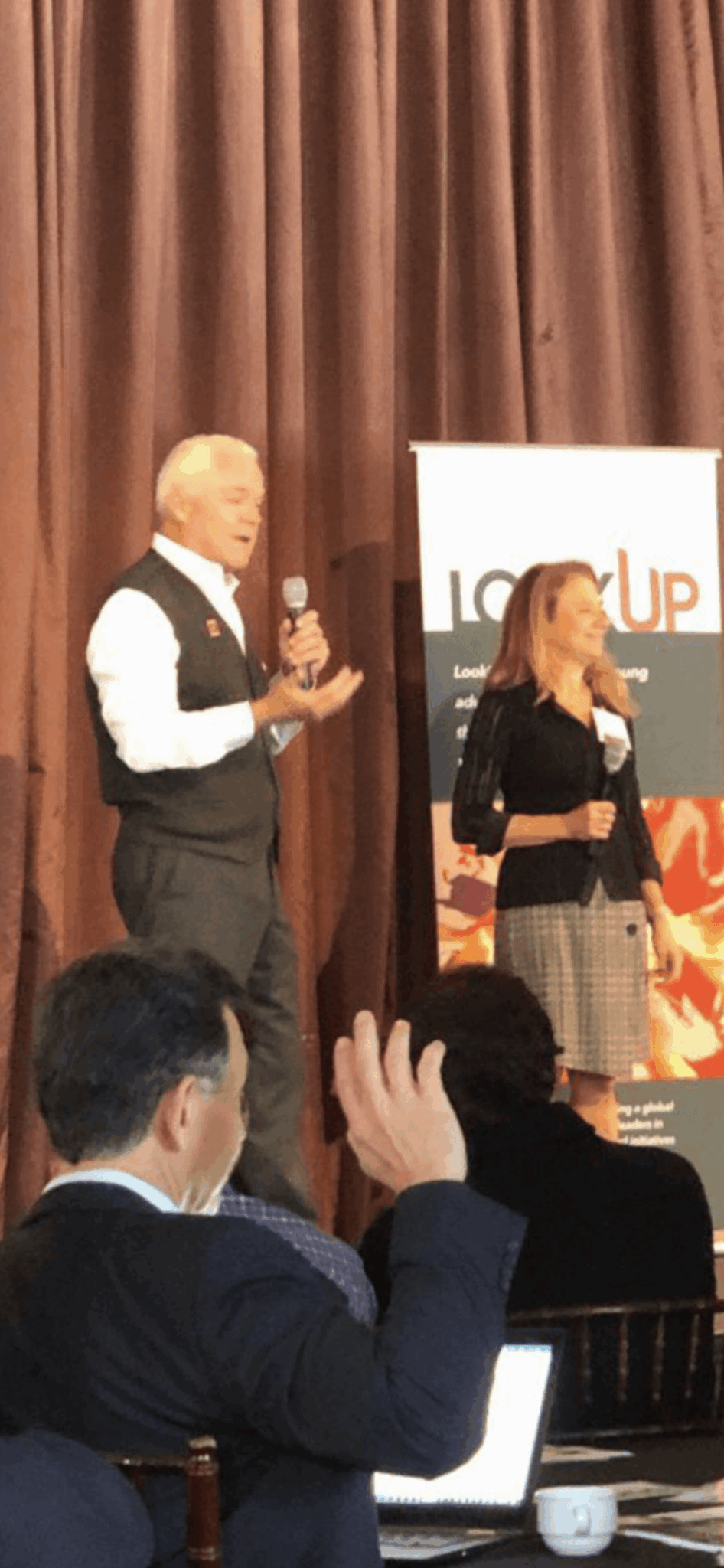
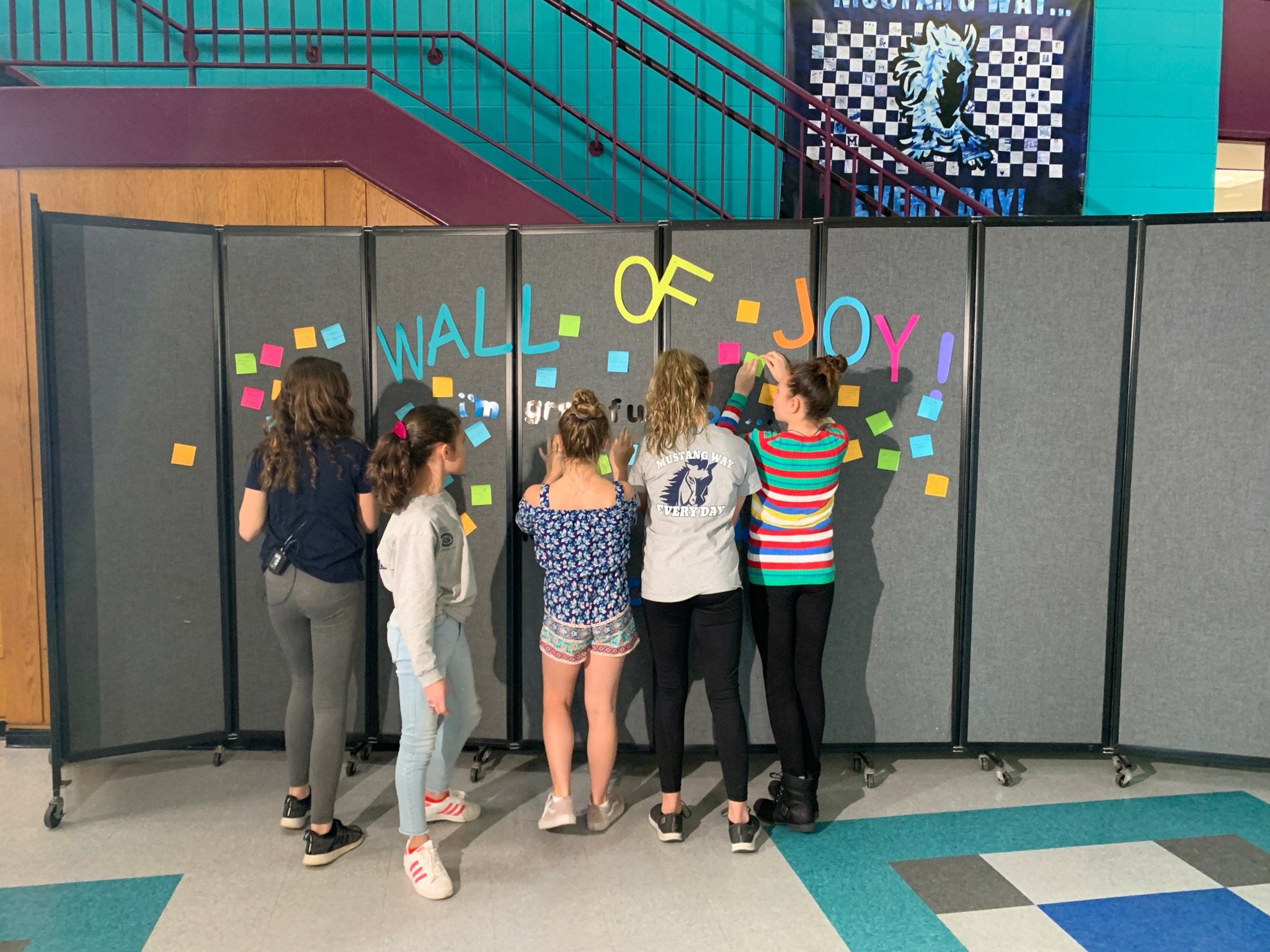
Image Credits
None


